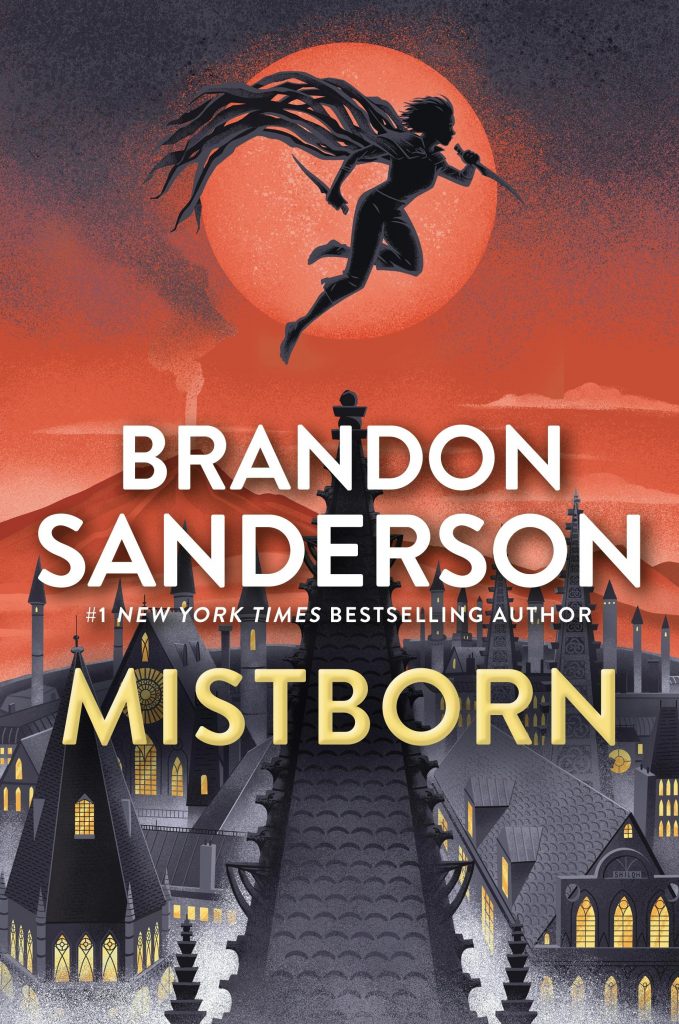
Brandon Sanderson’s Mistborn trilogy (The Final Empire, The Well of Ascension, and The Hero of Ages) drops readers into a world cloaked in ash, ruled by an immortal tyrant, and powered by metal-based magic. In this world, “Allomancers” can ingest and “burn” metals to gain supernatural abilities — from enhanced strength to emotional manipulation — creating a gritty, atmospheric mix of fantasy and revolution.
At its core, though, Mistborn isn’t just about overthrowing an empire. It’s about trust — in others, in leaders, and ultimately, in oneself.
The Many Faces of Trust
- Vin’s journey begins in fear and suspicion. She’s a street survivor who trusts no one — until she joins Kelsier’s crew and learns that trust can be strength, not weakness.
- Kelsier, the charismatic rebel, inspires faith in others while struggling to trust fate or forgive himself.
- Elend Venture must learn to trust his ideals in a world where idealism seems foolish. His evolution from sheltered noble to true leader shows how trust can be both tested and earned.
- Even the mysterious Sazed wrestles with faith and self-trust, exploring how belief can crumble and rebuild in unexpected ways.
Why It’s My Favorite
The trilogy stands out because it’s not just about magic and rebellion — it’s about relationships, belief, and the messy, human side of courage. Every major triumph in the story is rooted in someone taking a leap of faith — trusting a friend, a cause, or their own instincts when the odds look impossible.
By the end, Sanderson delivers not only epic twists (and there are many), but a deeply emotional reminder: trust doesn’t make us naïve — it makes us capable of changing the world.





